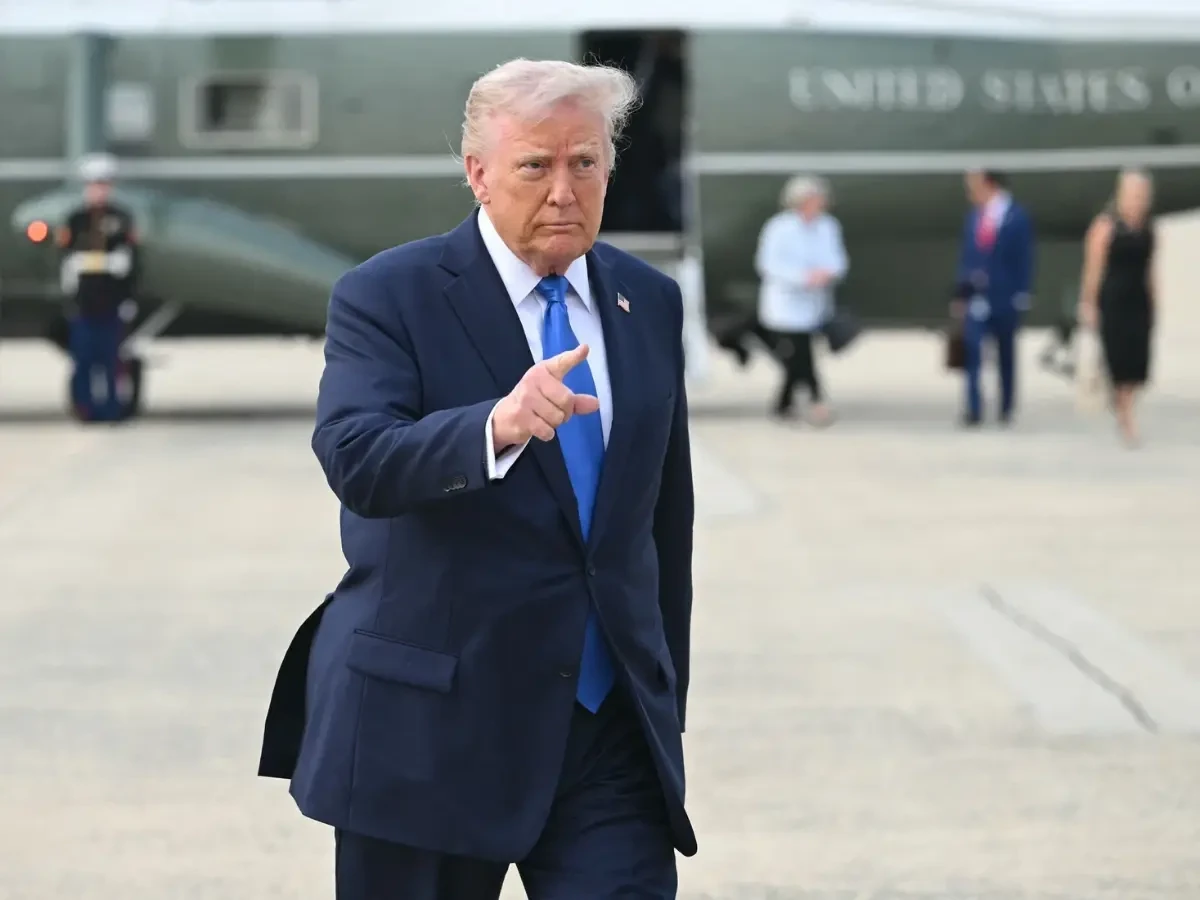United States President Donald Trump’s “One Big Beautiful Bill Act” has been passed by the US House. Even as Trump celebrates the victory at a rally called ‘America250’ at the Iowa State Fairgrounds, the bill has been accused of raising the national debt ceiling in United States.
According to the nonpartisan Congressional Budget Office (CBO), the bill could add $2.4 to $3 trillion to the national debt over the next decade. Trump’s former ‘buddy’ Elon Musk has also warned about it and said, “This spending bill contains the largest increase in the debt ceiling in US history! It is the Debt Slavery Bill.” He also said, “America is going bankrupt extremely quickly, but everyone seems to be whistling past the graveyard.”
Here’s how the bill’s key components contribute to national debt
- Extending the 2017 Tax Cuts Permanently: The bill calls for permanent extension of individual tax cuts from the 2017 Trump tax plan. These cuts, originally set to expire in 2025, lowered rates for individuals and pass-through businesses. While popular among many voters, extending these cuts would reduce federal revenue by approximately $4 trillion over 10 years. That means less money flowing into the Treasury-while spending commitments remain high. Without corresponding cuts to spending, these revenue losses increase the federal deficit annually, pushing the national debt higher.
2. Raising the SALT Deduction Cap: Another provision raises the cap on State and Local Tax (SALT) deductions from $10,000 to $40,000 temporarily for some households. Though this benefits taxpayers in high-tax states like New York and California, it would cost about $142 billion over a decade. Like the broader tax cuts, this reduces federal tax revenue without offsetting reforms, further expanding deficits.
3.Eliminating or Reducing Green Tech Incentives: The bill also scales back tax credits for electric vehicles (EVs), solar power, and other renewable energy technologies-areas where Elon Musk has deep personal and business stakes. Cutting incentives now could reduce productivity and long-term revenue from emerging industries, undermining future tax receipts while increasing short-term unemployment costs in clean-tech sectors.
4. Bypassing Traditional Budget Constraints: Bypassing Traditional Budget Constraints: The bill uses a procedural workaround to pass massive changes without triggering traditional fiscal guardrails. This avoids hard budget caps and enforcement mechanisms that typically require offsetting spending cuts. By avoiding fiscal discipline, the bill allows trillions in tax breaks without any serious effort to reduce costs or restructure entitlements. By avoiding fiscal discipline, the bill allows trillions in tax breaks without any serious effort to reduce costs or restructure entitlements.
5. The national debt already exceeds $34 trillion. Adding another $2.5 to $3 trillion would raise the government’s interest payments significantly. By some estimates, interest on the debt could become the largest line item in the federal budget by the early 2030s. Higher interest payments create a feedback loop, forcing the government to borrow even more just to pay off interest-an unsustainable trajectory unless revenues rise or spending is cut.
